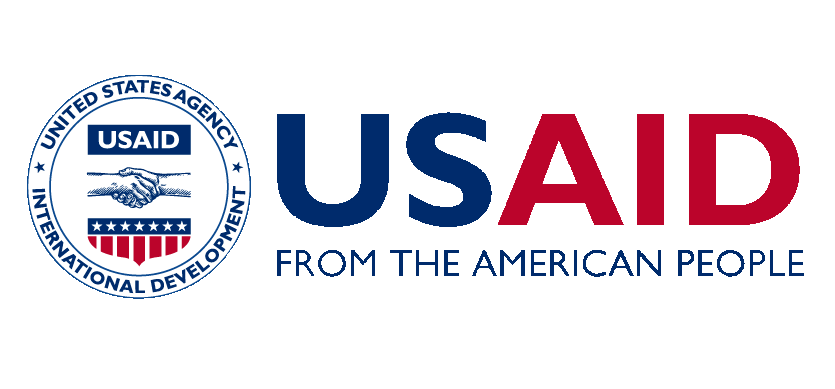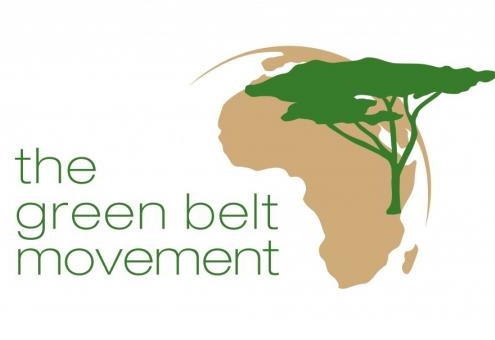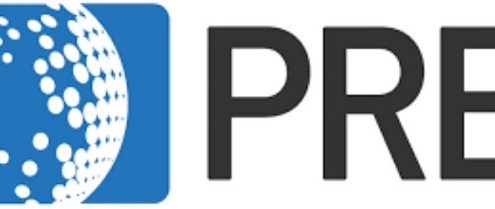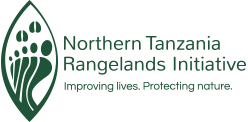
Ce site Web est rendu possible grâce au soutien du peuple américain par le biais de l'Agence des États-Unis pour le développement international (USAID) dans le cadre du projet Knowledge SUCCESS (Strengthening Use, Capacity, Collaboration, Exchange, Synthesis, and Sharing). Knowledge SUCCESS est soutenu par le Bureau de la santé mondiale de l'USAID, le Bureau de la population et de la santé reproductive et le Johns Hopkins Center for Communication Programs (CCP) en partenariat avec Amref Health Africa, le Busara Center for Behavioral Economics (Busara), et FHI 360 Le contenu de ce site relève de la seule responsabilité de CCP. Les informations fournies sur ce site Web ne reflètent pas nécessairement les opinions de l'USAID, du gouvernement des États-Unis ou de l'Université Johns Hopkins. Lisez nos politiques complètes de sécurité, de confidentialité et de droit d'auteur.





